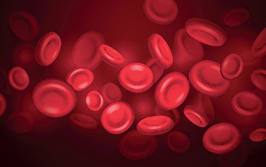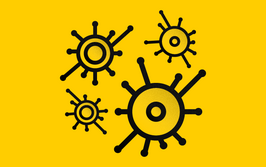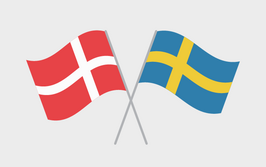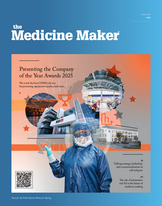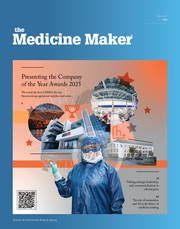Consider all the industries in the world; surely, pharma must be ranked highly in terms of doing good and saving lives? Unfortunately, big pharma doesn’t always do a very good job of telling its story. As someone recently pointed out to me, we can easily assess how the general public feels about pharma by looking at fictional villains – pharma companies make frequent appearances. Classic movie The Fugitive, for example, revolves around a covered up drug trial. And in Resident Evil (the popular video game and film series) the ‘evil’ stems from Umbrella, a giant conglomerate with strong ties to pharma.
Everyone I speak with in the industry is passionate about doing good, so pharma can’t be inherently evil, although there are certainly some individuals who portray the industry in a bad light – Martin Shkreli being a notorious example. More recently, the well-publicized price hikes of Mylan’s EpiPen seem to have convinced the public that pharma is still everyone’s worst enemy. Whereas Shkreli was open that the price increases of Daraprin were to line his own pocket, Mylan has blamed US healthcare insurance for rising medicine costs, and has since doubled eligibility for its patient assistance programs and announced plans to develop a generic EpiPen. However, the company hasn’t been forthcoming on exactly why it chose to increase the price so much.
The growing costs of medicines is of global concern. Recently, the United Nations released a report on access to medicines (1), with Winnie Byanyima, executive director of Oxfam International, claiming, “This report gets to the heart of the problem with access to medicines – that the intellectual property rules promoted by the pharmaceutical industry are at odds with the human right to health.”
Strangely, this statement reminds me of a conversation I had in 2014 with video game designer Tim Wicksteed. With little direct knowledge of the pharma industry, Wicksteed hit the nail on the head when he developed Big Pharma – a video game where players take on the role of running a pharma company. “There are difficulties when you have to make money out of health and medicines,” he told me (2). “It’s not about choosing to be a ‘good guy’ or a ‘bad guy’... you need money to grow your business. Players may go about this in different ways.”
Pharma needs enormous profits to conduct R&D and ultimately survive, but these profits are at the heart of public distrust. Let me conclude with this question: out of all the industries that exist, is it really such a bad thing if the one responsible for saving so many lives is also the richest?

Stephanie Sutton
Editor
- United Nations, “United Nations secretary general’s high-level panel on access to medicines report”, (2016). Available at: bit.ly/1SHcPw9. Accessed September 15, 2016.
- The Medicine Maker, “Game on”, (2014). Available at: bit.ly/2cM3AL9. Accessed September 15, 2016.

Making great scientific magazines isn’t just about delivering knowledge and high quality content; it’s also about packaging these in the right words to ensure that someone is truly inspired by a topic. My passion is ensuring that our authors’ expertise is presented as a seamless and enjoyable reading experience, whether in print, in digital or on social media. I’ve spent fourteen years writing and editing features for scientific and manufacturing publications, and in making this content engaging and accessible without sacrificing its scientific integrity. There is nothing better than a magazine with great content that feels great to read.


